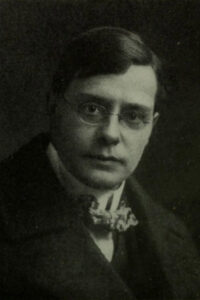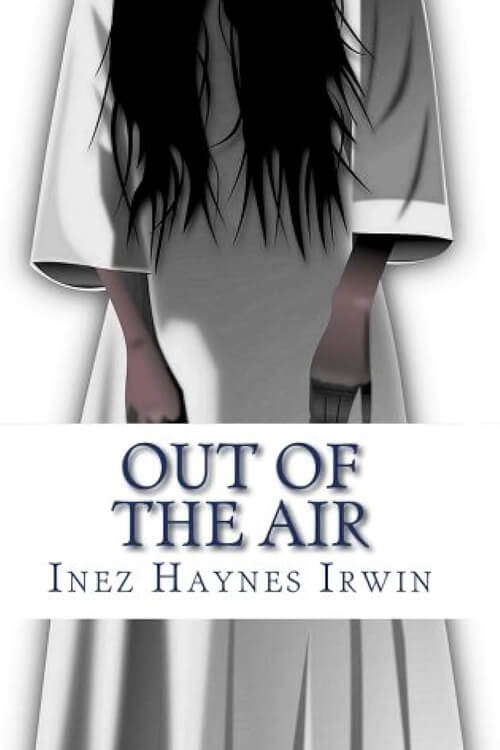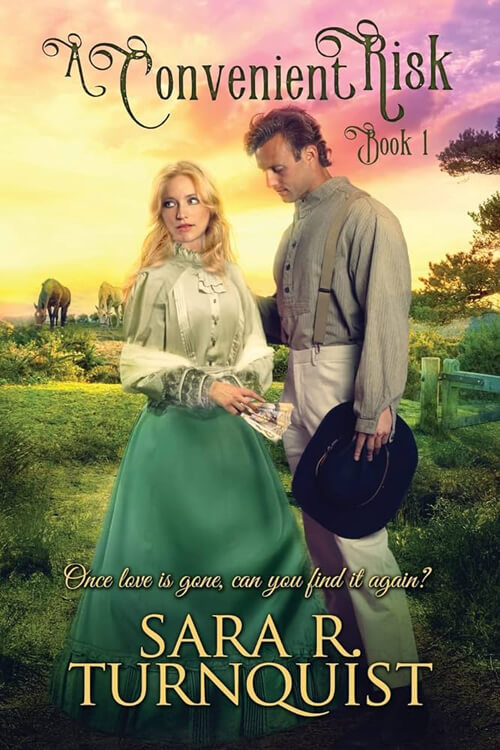
The Amateur Gentleman
John Barty, ex-champion of England and landlord of the “Coursing Hound,” sat screwed round in his chair with his eyes yet turned to the door that had closed after the departing lawyer fully five minutes ago, and his eyes were wide and blank, and his mouth (grim and close-lipped as a rule) gaped, becoming aware of which, he closed it with a snap and passed a great knotted fist across his brow.
“Barnabas,” said he slowly, “I beant asleep an’ dreaming be I, Barnabas?”
“No, Father!”
“But—seven—‘hundred—thousand—pound. It was seven—‘hundred thousand pounds, weren’t it, Barnabas?”
“Yes, father!”
“Seven—‘hundred—thou—! No! I can’t believe it, Barnabas my bye.”
“Neither can I, Father,” said Barnabas, still staring down at the papers that littered the table before him.
“Nor I am not a-going to try to believe it, Barnabas.”
“And yet—here it is, all written down in black and white, and you heard what Mr. Crabtree said?”
“Ah,—I heered, but arter all Crabtree’s only a lawyer—though a good un as lawyers go, always been honest an’ square wi’ me—leastways I ‘ve never caught him trying to bamboozle John Barty yet—an’ what the eye doesn’t observe the heart don’t grieve, Barnabas my bye, and there are. But seven ‘hundred thousand pounds is coming it a bit too strong—if he’d ha’ knocked off a few ‘hundred thousand I could ha’ took it easier Barnabas, but, as it is—no, Barnabas!”
“It’s a great fortune!” said Barnabas in the same repressed tone and with his eyes still intent.
“Fortun’,” repeated the father, “fortune—it’s fetched me one in the ribs—low, Barnabas, low!—it’s taken my wind and I’m a-hanging on to the ropes, lad. Why, Lord love me! I never thought as your uncle Tom had it in him to keep himself from starving, let alone make a fortune!
My scapegrace brother Tom—poor Tom as sailed away in a emigrant ship (which is an un-common bad kind of a ship to sail in—so I’ve heard, Barnabas) and now, to think as he went and made all that fortune—away off in Jamaiky—out o’ vegetables.”
“And lucky speculation, father—!”
Read or download Book
Jeffery Farnol
Jeffery Farnol (10 February 1878 – 9 August 1952) was a British writer from 1907 until he died in 1952. He was known for writing more than 40 romance novels and swashbucklers, often set in the Georgian Era or English Regency period. He, with Georgette Heyer, largely initiated the Regency romantic genre.
Biography.
John Jeffery Farnol was born in Aston, Birmingham, UK, the son of Henry John Farnol, a factory-employed brass founder, and Kate Jeffery. He had two brothers and a sister. His childhood was spent in London and Kent. He attended the Westminster School of Art after losing his job with a Birmingham metal-working company. In 1900, he married Blanche Wilhelmina Victoria Hawley (1883–1955), the 16-year-old daughter of noted New York scenic artist H. Hughson Hawley. They relocated to the United States, where he found work as a scene painter. They had a daughter, Gillian Hawley. He returned to England in about 1910 and settled in Eastbourne, Sussex. In 1938, he divorced Blanche, married Phyllis Mary Clarke on 20 May, and adopted her daughter Charmian Jane. His nephew was Ewart Oakeshott, the British illustrator, collector, and amateur historian who wrote on medieval arms and armor.
Farnol died on 9 August 1952 at age 74 in Eastbourne after a long struggle with cancer.






